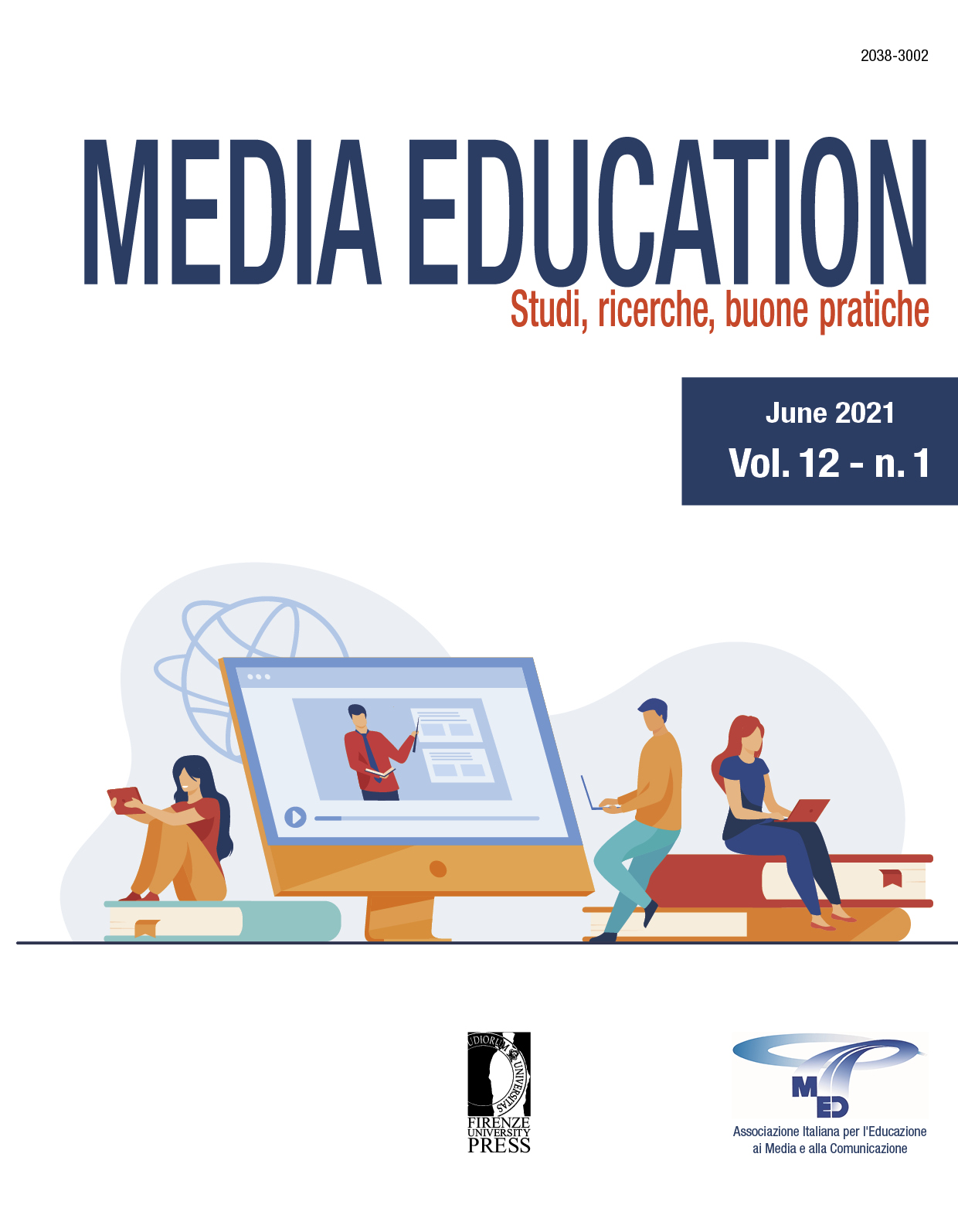Vol 12, No 1 (2021): Special Issue on Cyberconnection as media culture. Social networking sites, media competence and citizenship
Issue Description
In this digital society where continuous technological change is taking place, social networking sites have emerged forcefully to fulfil an ancestral need of human beings, namely communicating and relating to others. However, these connections, amplified by technology, have meant that social media platforms not only favour contact between individuals, but also serve as a means for the dissemination of information, an environment for participation, profit-making and even for teaching and learning. In addition, one must consider the risks involved in continuous exposure with no geographical limits. Therefore, this special issue intends to highlight the transformations that are taking place, both in the forms of communication as well as in participation and education, as a result of cyber-connection. It also aims to explain the implications of these scenarios and the necessary training in media competencies for citizen empowerment.

